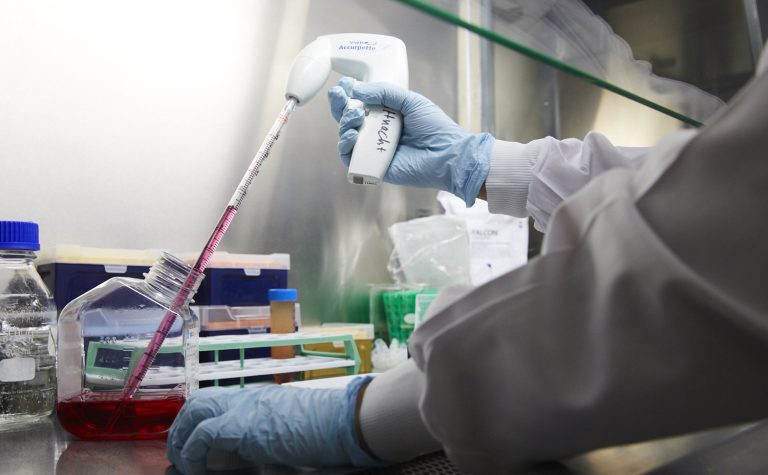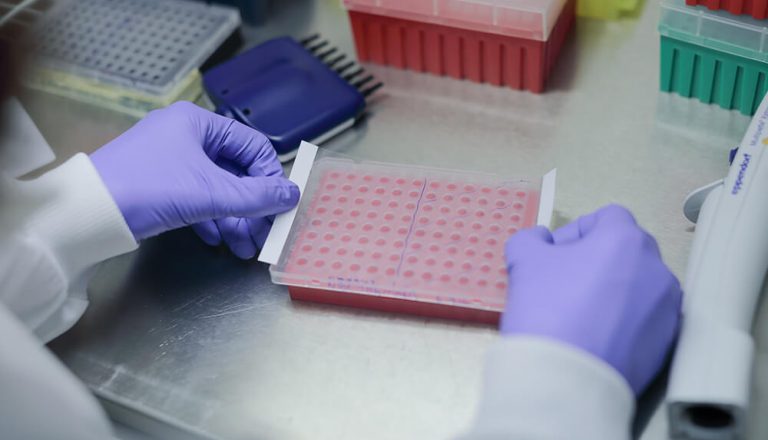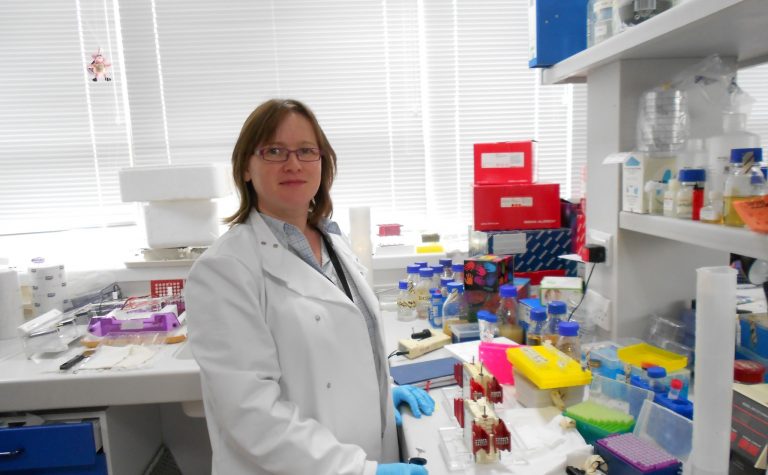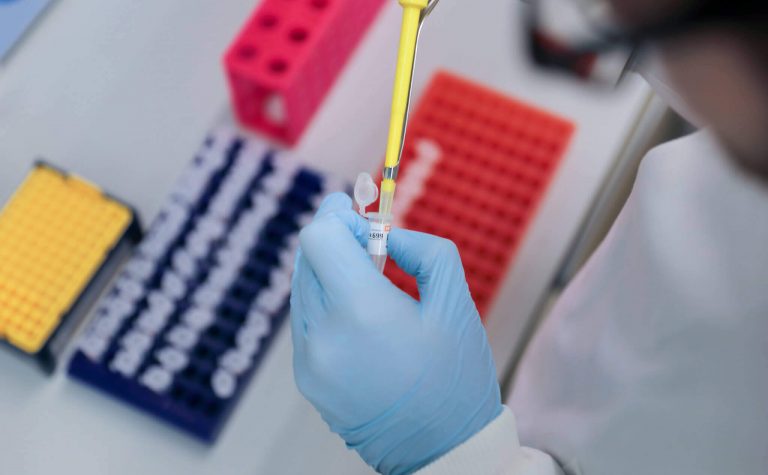Medulloblastoma is the most common malignant brain tumour of childhood. Although 70% of patients can be cured, the aggressive treatments leave many survivors with significant mental and physical disabilities. Professor Pilkington is developing a new approach to the treating of childhood medulloblastoma that could impact on both survival rates and quality of survival for young patients.
Thank you
This research project on medulloblastoma has been successfully completed. Your donations allow us to fund ground-breaking research that can improve treatments given to children with cancer. Thank you. Your help allows us to continue to find ways to drive up the chances of survival for children with cancer and reduce the toxic side effects that can affect the rest of their lives.




